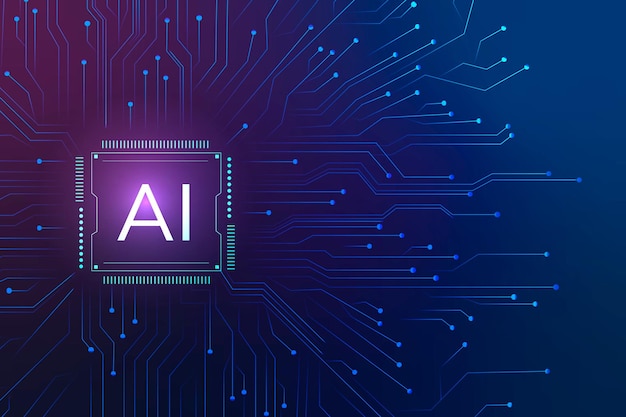Artificial intelligence (AI) is revolutionizing many aspects of modern life, and its impact on warfare is no exception. As nations around the world race to develop advanced AI technologies, the nature of the battlefield is changing in ways that were once the stuff of science fiction. From autonomous drones to predictive analytics, AI is playing an increasingly central role in military strategy and operations.
The potential benefits of AI in warfare are significant. AI-driven systems can analyze vast amounts of data in real-time, allowing military commanders to make faster and more informed decisions. Autonomous weapons systems, such as drones and robots, can operate in environments that are too dangerous for human soldiers, reducing the risk to human life. AI can also enhance cybersecurity, protecting critical infrastructure from cyberattacks and other digital threats.
However, the rise of AI in warfare also raises serious ethical and strategic concerns. The use of autonomous weapons, in particular, has sparked debate about the morality of allowing machines to make life-and-death decisions. There are also fears that AI could lower the threshold for conflict, making it easier for nations to engage in warfare without the political and human costs that have traditionally acted as deterrents.
The geopolitical implications of AI in warfare are also profound. As countries like the United States, China, and Russia invest heavily in AI research and development, the global balance of power could shift. The race to dominate AI technology could lead to an arms race that destabilizes international relations and increases the risk of conflict.
As AI continues to advance, the challenge for policymakers will be to harness its potential while mitigating its risks. The future of warfare is being shaped by technology, and how nations navigate this new era will have far-reaching consequences for global security.


